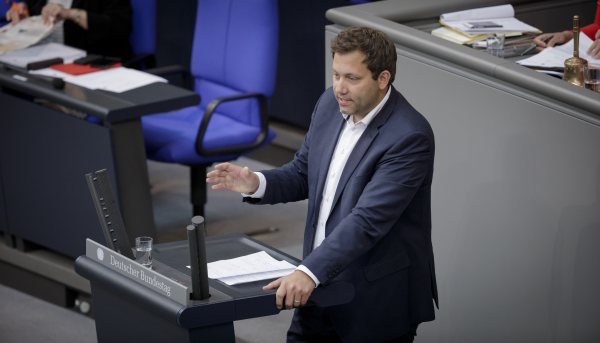Germany’s vice chancellor and finance minister Lars Klingbeil has called for a complete ban on steel imports from Russia, ahead of the upcoming Steel Summit to be held at the Federal Chancellery in Berlin on Thursday, November 6, according to German media reports.
Klingbeil criticized the continued exemption of steel slabs produced in Russia and processed in the EU from EU sanctions. He underscored the need to boost domestic production of “climate-friendly quality steel made in Germany and Europe” and to end reliance on overseas dumping and global overcapacity.
According to Klingbeil, one of the key discussion points at the Steel Summit will be the introduction of an industrial electricity price mechanism to reduce energy costs for steel producers.

Steel Summit to look for solutions for industry
Meanwhile, the Steel Summit, which will be hosted by German Chancellor Friedrich Merz, will address the ongoing challenges facing Germany’s steel industry, according to an official statement by the German federal government.
The meeting will bring together top cabinet ministers and key industry stakeholders to discuss measures to strengthen competitiveness, ensure industrial resilience and safeguard jobs. Press statements are scheduled following the discussions.
A “warning signal” for German steel
Representing the federal government, the ministers for economic affairs, finance, labor and social affairs, and environment will participate in the talks. According to media reports, the summit will also address rising energy prices, global steel overcapacity and trade relations.
The German Steel Federation (WV Stahl) has repeatedly urged the government to take urgent action to protect domestic producers amid weak demand in steel-using sectors and rising import competition.
Demand for steel in Germany remains at historically low levels, particularly in the automotive, machinery, and plant engineering industries, all key consumers of flat and long steel products. WV Stahl described the situation as a “warning signal” for policymakers, highlighting global steel overcapacity distorting EU markets, a sharp rise in EU steel imports, and structural trade deficits across the steel value chain.